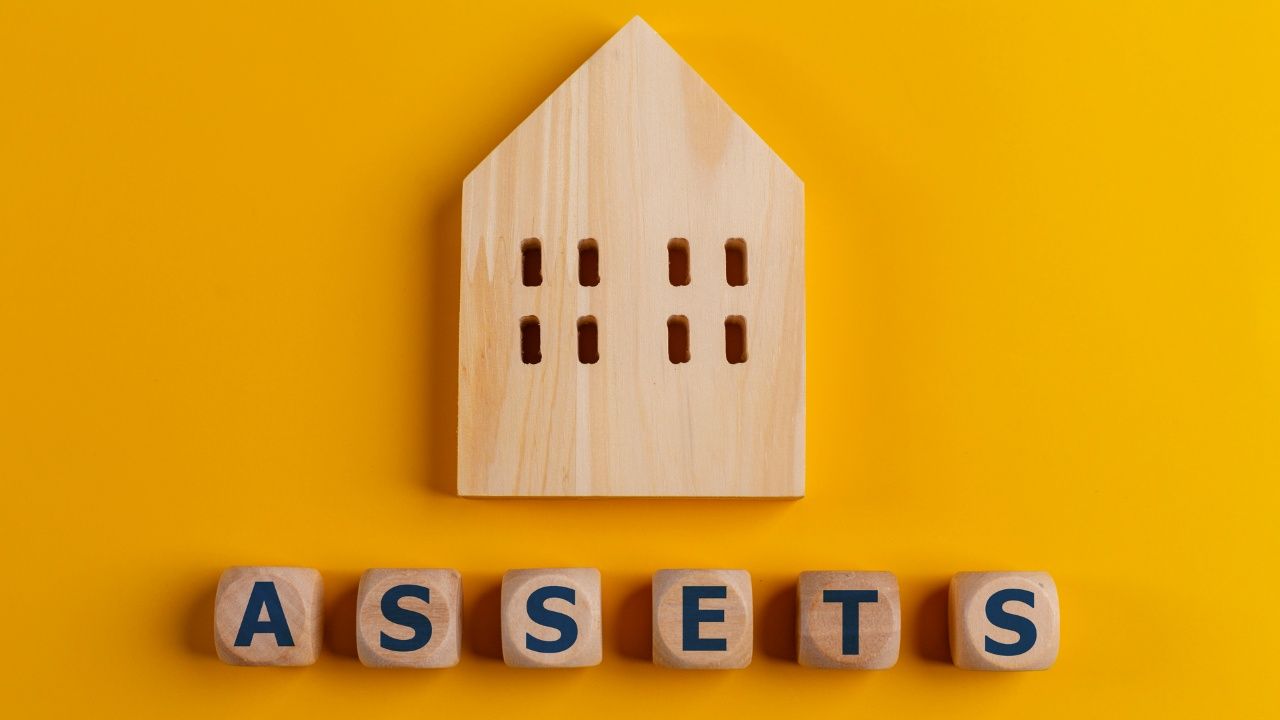Decree Absolute / Final Order: Everything You Need To Know

Going through a divorce can feel like navigating a never-ending maze of legal terms and procedures - one term you'll undoubtedly encounter is "decree absolute" or “final order.” But what exactly is it, and why is it so important? If you're in the midst of a divorce or considering one, let's break down everything you need to know about this final, and very important, step in the divorce process.
It is important to note that after the change in the divorce law in 2022, the decree nisi is now referred to as the conditional order and the decree absolute is known as the final order.
What is a Decree Absolute / Final Order?
Simply put, the decree absolute / final order is the legal document that formally ends your marriage. It's the final step in the divorce process in England and Wales, and legally dissolves the union. Once the decree absolute/final order is granted, you are officially divorced and free to remarry if you so choose.
Difference Between Decree Nisi / Conditional Order and Decree Absolute / Financial Order
You might have also heard the term "decree nisi / conditional order” and wondered how it differs from a “decree absolute / final order.” These are two different stages in the divorce process. The decree nisi / conditional order is essentially the court saying, "Yes, we agree that your marriage has broken down, and you can proceed with the divorce." It's like a provisional green light. However, it doesn't actually end the marriage. The decree absolute / final order, on the other hand, is the final, irreversible step that legally brings your marriage to an end. It's the full stop at the end of the sentence. For more information on the whole process, check out our guide to getting a divorce.
How to Apply for a Decree Absolute / Final Order
Knowing when and how to apply for your decree absolute / final order is key to finalising your divorce efficiently.
When Can You Apply?
You can't apply for the decree absolute / final order immediately after receiving the decree nisi / conditional order. There's a mandatory waiting period of six weeks and one day from the date the decree nisi / conditional order is pronounced. Why the wait? This period gives couples a chance to reconcile or sort out any outstanding issues. If you haven't applied within 12 months of receiving the decree nisi / conditional order, you may need to explain the delay to the court.
Steps to Get a Decree Absolute / Final Order
Once the waiting period is over, applying for the decree absolute / final order is generally straightforward. You'll need to complete and submit the relevant application form to the court. If you're the person who originally filed for divorce (the "petitioner"), it's usually your responsibility to apply. If you find yourself struggling with the details, remember that you can always contact us at Skylark Hill, the trusted legal support for families for expert help.
Can You Apply Without Your Ex-Partner?
What if your ex-partner is dragging their feet? If you were the respondent in the divorce and the petitioner hasn't applied within a reasonable timeframe, you can apply yourself. However, you'll need to wait an additional three months after the initial six-week period before you can do so.
How to Get a Copy of Your Decree Absolute / Final Order

Once granted, your decree absolute / final order is an important document. But what if you misplace it? Here is what to do.
Why You Might Need a Copy
You might be wondering, "Why would I need a copy of my decree absolute / final order?" Well, you'll likely need it for various legal and administrative purposes. For instance, if you want to remarry, you'll need to show your decree absolute / final order as proof that your previous marriage has been legally dissolved. You may also need it for matters related to your name change, pension, or other official business. So even though you are divorced it is important to keep it safe somewhere.
Steps to Request a Copy
If you've lost your decree absolute / final order, don't panic. You can request a copy from the court that granted it. You'll need to provide details like your case number, the names of the parties involved, and the date of the decree. There's usually a fee for this service. Alternatively, if the divorce was recent, your solicitor may have a copy they can provide.
Mistakes to Avoid During the Process
While the process of obtaining a decree absolute / final order is relatively straightforward, there are some common pitfalls you should try to avoid.
Delaying the Application
One mistake is delaying the application unnecessarily. While there's no strict deadline, prolonged delays can complicate matters. For example, if you wait more than 12 months after the decree nisi / final order, you'll need to provide an explanation for the delay to the court, which could potentially delay matters further.
Misunderstanding Financial Settlements
Another common error is not finalising financial matters before applying for the decree absolute / final order. It's generally advisable to have a financial order in place beforehand. Why? Because once the decree absolute / final order is granted, your ability to make certain financial claims against your ex-spouse may be affected.
Losing the Document
As mentioned earlier, losing your decree absolute / final order can be a real headache. It's not just a piece of paper; it's a vital legal document. Always keep it in a safe place, and consider making a certified copy as a backup. Perhaps even scanning a digital copy could be useful.
Final Thoughts
The decree absolute / final order is the final, definitive step in the divorce process, formally ending your marriage. Understanding what it is, how to apply for it, and the importance of keeping it safe can help you navigate this stage with greater confidence.
And while the process might seem scary or overwhelming, breaking it down into manageable steps and seeking professional advice when needed can make all the difference. Remember, the decree absolute / final order is not just the end of a chapter; it's also the beginning of a new one. So, take the necessary steps, avoid common mistakes, and look forward to the next phase of your life.
Get In Touch
All Rights Reserved | Skylark Hill Solicitors












